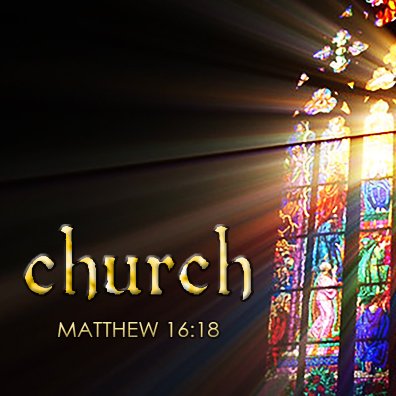Heaven’s Whisper
Let the Children Come - Part 3
Sunday, August 21, 2022
1 Samuel 3:1-21
Then the Lord came and stood there, calling just as before, “Samuel, Samuel!”
Samuel said, “Speak. Your servant is listening.”
1 Samuel 3:10 (CEB)
Listen to this week’s sermon here:
____________________
According to the religious hierarchies of the day, the people who should have heard God's voice in this story were Eli and his sons. They were the authorities, the ultimate insiders by birth and by vocation. But they were not the ones God chose.
Instead, God chose Samuel. A child. A boy on the periphery, one whose capacity for openness and wonder was dulled, perhaps, but still recoverable. A child who wasn't bound by the political interests of his elders. A child who could tolerate an unfamiliar voice and an uncomfortable message — a message that would upend the very institution he knew best.
The historian Josephus writes that Samuel was likely around 12 years old when he heard God’s call, and as we might imagine, he was extremely confused. He had been raised in the home of a priest and knew all of the inner workings of the religious system, but he also had a front row seat to the scandals and brokenness even within the priest’s own family.
The system was so broken, in fact, that the writer says in verse 1 that the word of the Lord was rare in those days. How tragic, that this 12 year old boy whose mother dedicated his life to the service of God and who quite literally grew up in the church, would not recognize God’s voice and in fact would find himself quite surprised to hear a word from God at all.
And yet if we consider our own lives, especially among those who have spent most of our lives in church, I wonder if we should not be so surprised after all. I’ve met people who sat in churches for 80 years who had never heard of Jacob (Abraham’s grandson and the father of the 12 tribes of Israel). Biblical illiteracy is as common in the church if not more-so than in the culture at large. We take our identity as God’s people for granted to the point that we no longer actively listen for God’s voice. It’s almost as if God has already said all there is to say. We believe the Bible, even if we don’t read it or actually know what it says. What more do we need?
What if what we need is the open heart, the discerning ear, and the humble yet courageous voice of a child to remind us that God is not finished talking yet? And maybe, just maybe, God’s word is not as rare as we may think in our world today. Maybe it is simply being heard by those who choose to ignore it, or those who don’t recognize it, or even worse, those who know it and speak it while we ignore them because they are too young, or too different, too radical, or too unexpected a person to carry the message of God to those of us who think we know better.






